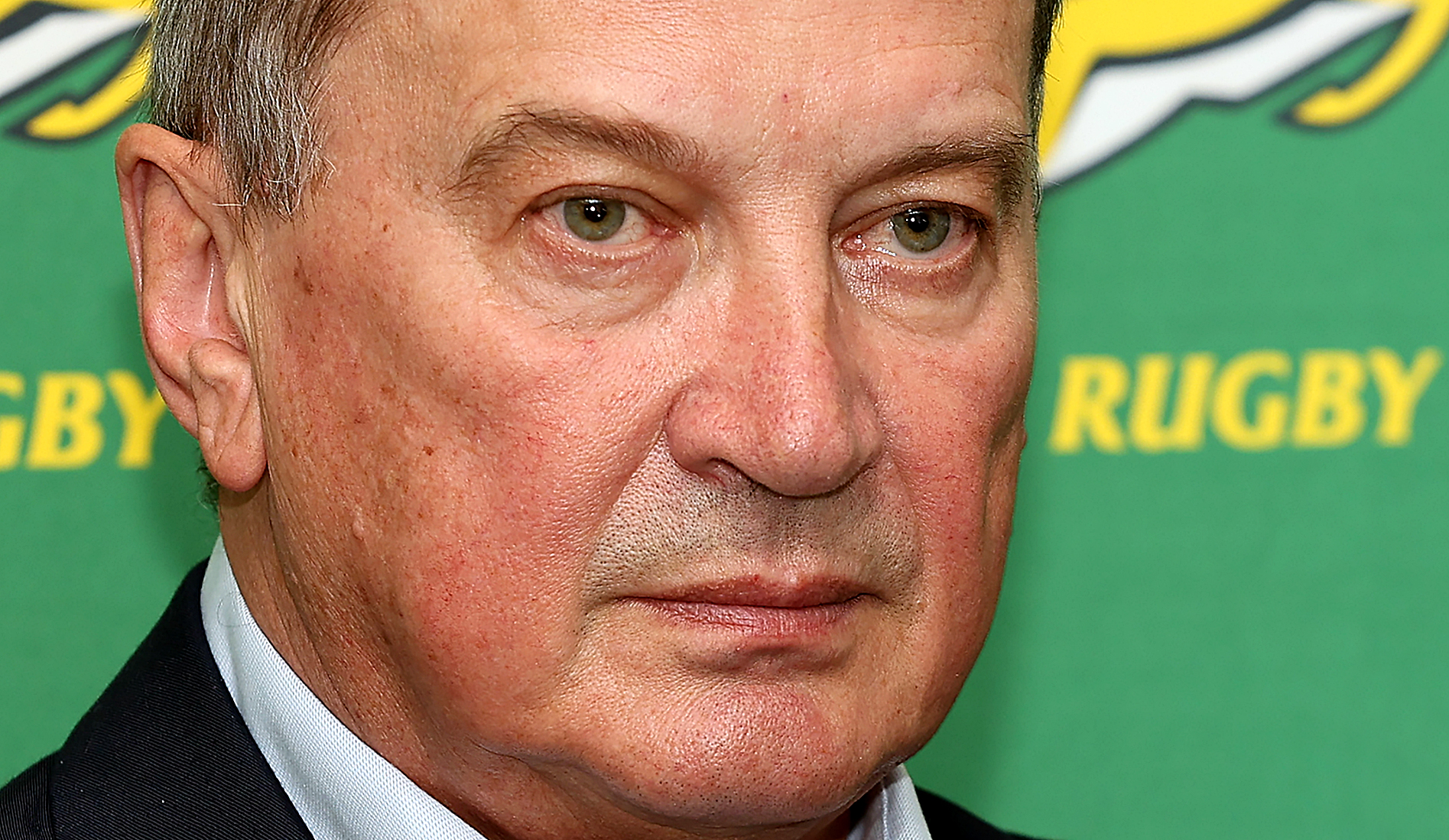Late last month, a message from South African Rugby Union (Saru) president Mark Alexander to Saru’s members confirmed that the organisation was officially a shareholder in the United Rugby Championship (URC).
On Wednesday, this was made public, ushering in a new era for the sport in South Africa.
How the 15 union presidents responded is unknown. But owners of the four competing URC clubs — the Bulls, Lions, Sharks and Stormers — would have been forgiven for sending a simple message back to Alexander: “Show me the money.”
/file/dailymaverick/wp-content/uploads/2025/09/TL_2398116-1.jpg)
And, indeed, the four URC clubs will see more money in the next financial year as South African rugby enters a new era of URC membership — an extra R40-million per club, if projections are accurate. While that extra income appears game-changing, it comes with added expenses.
“This is a red-letter day for South African rugby and marks the completion of a journey that began eight years ago when we first contemplated a northern hemisphere future,” said Saru CEO Rian Oberholzer.
“There have been doubters over the years, but the vision we shared with Martin Anayi [the URC CEO] and the URC team has now come to pass, and we look forward to growing the competition as full partners with our colleagues in the north.”
South Africa’s URC clubs have operated on smaller budgets throughout the tournament, for prudent business reasons, especially in the post-Covid world.
A full shareholding means Saru will make more money, not only in the next financial year, but in perpetuity as long as the URC tournament remains profitable.
The URC will, from this coming season, pay out a percentage of its profits to 16 clubs, not 12, due to Saru’s roughly 15% share. There are now six shareholders — Saru, the Irish, Italian, Scottish and Welsh rugby unions, along with CVC Capital Partners, which holds just over 26%.
/file/dailymaverick/wp-content/uploads/2025/09/TL_2400300-1.jpg)
/file/dailymaverick/wp-content/uploads/2025/09/TL_2400387.jpg)
Sharing
Saru’s biggest accumulated cost over the past eight years has been paying to participate in URC (and the Pro14 competition before that). The cost of securing South Africa’s place in northern hemisphere rugby was about R300-million per year.
According to its 2024 financial report, Saru paid R392-million annually for top club teams to compete in URC and European Professional Club Rugby (EPCR).
Without this contribution, the Bulls, Cheetahs (which play in EPCR), Lions, Sharks and Stormers would have no international competition.
In real terms, though, Saru was paying about R60-million annually to participate after the income from broadcast sales of URC and EPCR, and the R54-million travel budget from URC, were deducted.
It was a pricey investment, but it now comes with an upside.
While the previous separate broadcast fees for URC and EPCR that Saru negotiated with SuperSport are now thrown into the larger broadcast pot for all shareholders, sources indicated to Daily Maverick that financial projections are strong.
/file/dailymaverick/wp-content/uploads/2025/09/TL_2408950.jpg)
/file/dailymaverick/wp-content/uploads/2025/09/TL_2408252.jpg)
URC’s total 2024 income was about £55-million (R1.3-billion), which included more than £10-million from Saru. Naturally, URC will no longer have Saru’s “participation cost” income.
But with the broadcast rights now pooled for all shareholders, URC’s bundled broadcast revenue looks stronger, while there is also an increase in sponsorship revenue and EPCR dividends, bringing the total income projection closer to £70-million for next season.
It’s expected that each of the 16 participating clubs will be paid about £1.75-million by URC, which would be a huge boost for the South African teams.
The four clubs must make their own travel arrangements from the coming season on though, which will eat into the dividend.
Travel expenses are likely to be around R30-million annually, as there is an arrangement with MyPlayers that all international flights must be business class for the 23 playing members.
Despite that, SA teams will be earning significantly more from URC with Saru as a shareholder.
In all, being a shareholder should take Saru from a deficit of R60-million per year to a profit of about R70-million in the first year.
URC CEO Anayi said: “There is no doubt about the hugely positive impact South African rugby has had on our league, and confirmation of their addition as a shareholder was always part of the roadmap.
“In 2018 and again in 2021, South African rugby showed vision and courage in reshaping where their teams competed, and this milestone is a testament to that foresight.
“From a fan’s perspective, nothing changes. But from a business standpoint, our URC team will now work even more closely with South African teams, partners, broadcasters and stakeholders to continue elevating the league.
“This alignment across both hemispheres will create day-to-day efficiencies and open the door to exploring new ideas at a faster pace.” DM





 Saru CEO Rian Oberholzer. (Photo: Richard Huggard / Gallo Images)
Saru CEO Rian Oberholzer. (Photo: Richard Huggard / Gallo Images)